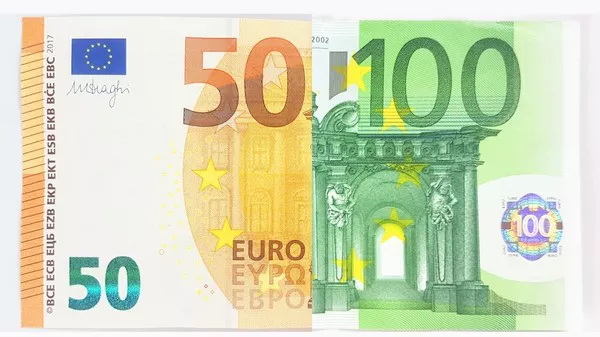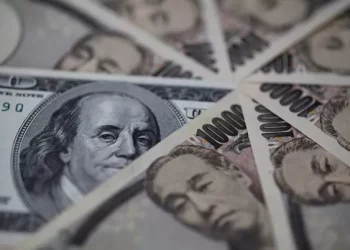The German central bank released a monthly report on the 24th that after stagnation at the beginning of the year, German economic output may rise slightly again in the second quarter of this year. Easing supply bottlenecks, high order backlogs and lower energy prices are all conducive to the continued recovery of the industry.
The Bundesbank expects little boost to the economy from private consumption. Private consumption was unable to support the economy in the first three months of the year due to inflation. “Despite persistently high inflation, real net income of private households is at least not falling further due to strong wage growth. Private consumption is therefore likely to stagnate,” economists at the Bundesbank said.
Relatively high inflation is eroding consumers’ purchasing power. The Bundesbank forecast that inflation is likely to decline only slowly in the coming months as price gains remain stubbornly high, especially for food.
The ECB, which aims to stabilize inflation at 2 percent over the medium term, is trying to keep inflation in check with a series of rate hikes. Bundesbank President Joachim Nagel confirmed in a speech on the evening of the 23rd that multiple interest rate hikes are still needed to keep inflation under control in the long run.
























